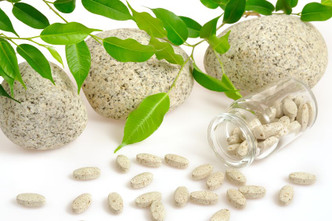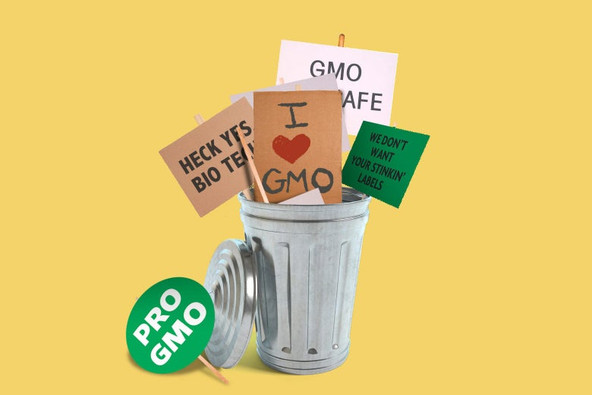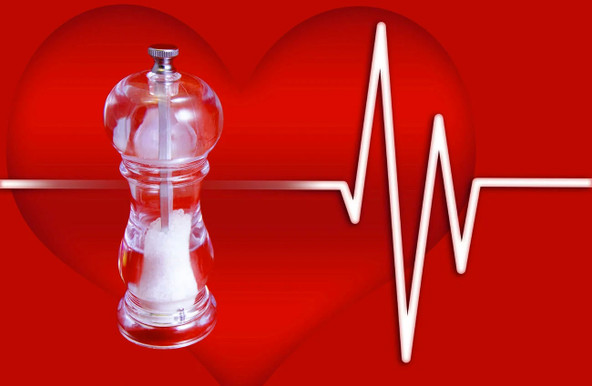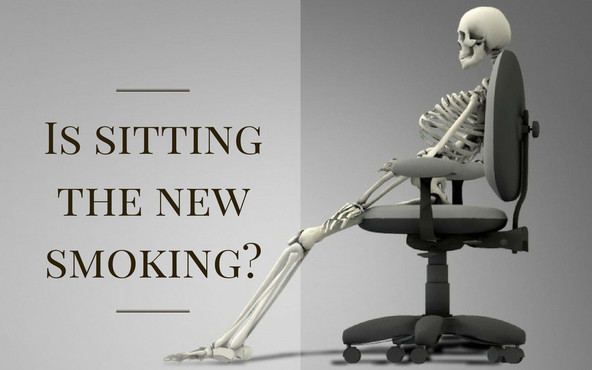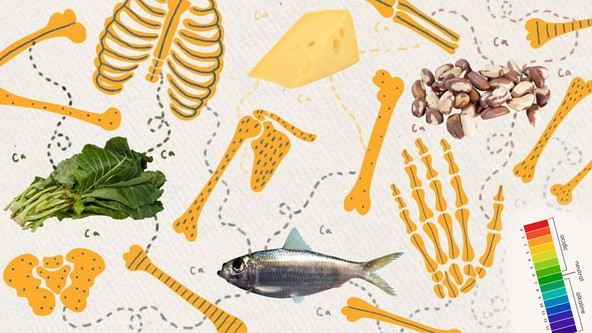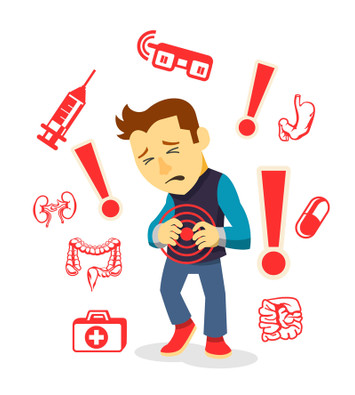Posted by Beyond Health on Nov 3rd 2025
How Much Vitamin C Are You Taking?
. . . chances are it's not enough From an informal survey of our customers, it appears that many aren't taking nearly enough vitamin C to achieve optimal health. Vitamin C is pivotal to the Beyond Health lifestyle and to reversing just about any disease. Please don't go by government recommendations, which are based on preventing the disease scurvy and do not at all reflect the human need for this precious vitamin that has more than 300 functions in the human body. Famous vitamin C researcher Linus Pauling discovered that human beings have a unique need for vitamin C. Most animals, with the exception of humans, apes, guinea pigs, fruit bats and some birds, have an enzyme that converts glucose (blood sugar) to vitamin C as needed. For example, a goat weighing 110 pounds will normally make over 9 grams of vitamin C a day. That would translate into 13 grams for a 154-pound human. A lab rat will synthesize 20-70 mg a day, which translates into 4-15 grams for that same human. But when goats…
read more Fuel your life with the purest vitamins
Fuel your life with the purest vitamins
